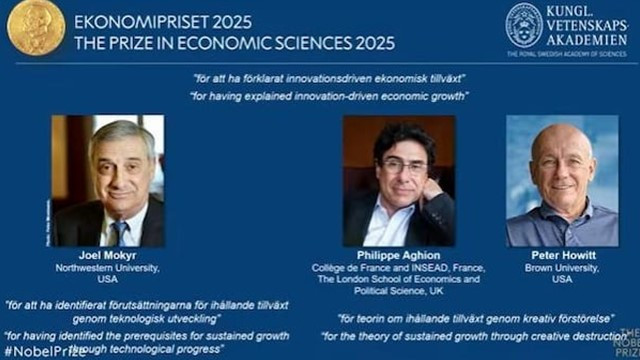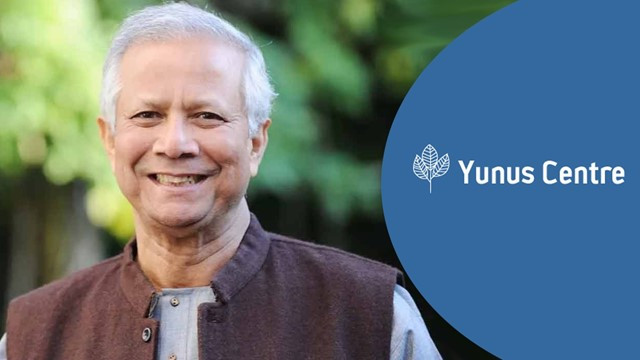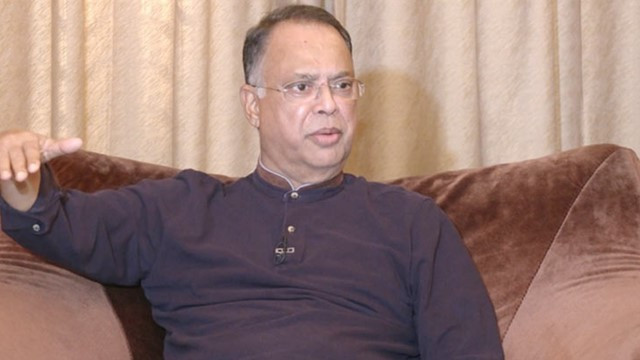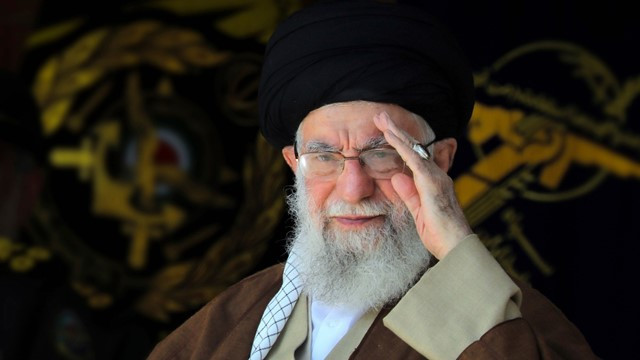২১ ফাল্গুন ১৪৩২
3 Wins Nobel for Theory of Innovation Driven Economic Development
13 October 2025 18:10 PM
NEWS DESK
Economists from the US, Canada and France were awarded this year’s Nobel Memorial Prize in economics on Monday, the final award of this year’s Nobel week.
Joel Mokyr, Philippe Aghion and Peter Howitt won the prize for “having explained innovation-driven economic growth,” the Royal Swedish Academy of Sciences said.
The prize was awarded at a ceremony in Stockholm and comes after prizes for peace, medicine, physics, chemistry and literature were revealed last week.
Why did the Bank of Sweden pick this trio?
Mokyr, Aghion and Howitt’s work, spanning economic history, theoretical models, and empirical analysis, has reshaped how economists, policymakers and researchers approach the mechanisms behind technological progress and prosperity.
“The laureates have taught us that sustained growth cannot be taken for granted,” the prize-awarding body said in a
statement. “Economic stagnation, not growth, has been the norm for most of human history. Their work shows that we must be aware of, and counteract, threats to continued growth.”
The Nobel committee said Mokyr had “demonstrated that if innovations are to succeed one another in a self-generating process, we not only need to know that something works, but we also need to have scientific explanations for why.”
The winners, especially Aghion and Howitt, were credited with better explaining and quantifying “creative destruction,” a key concept in economics that refers to the process in which beneficial new innovations replace — and thus destroy — older technologies and businesses. The concept is usually associated with economist Joseph Schumpeter, who outlined it in his 1942 book “Capitalism, Socialism and Democracy.”
Reacting to the news, Aghion said he was shocked: “I can’t find the words to express what I feel,” he said by phone to the news conference in Stockholm. He said he would invest his prize money in his research laboratory.
Dutch-born US citizen Mokyr is a professor of economics and history at Northwestern University, French-born Aghion is Centennial Professor at the London School of Economics and the College of France, while Canadian Howitt is a professor in social sciences at Brown University.
What is the Nobel Prize in Economics?
The economics prize is formally known as the Bank of Sweden Prize in Economic Sciences in Memory of Alfred Nobel.
The central bank established it in 1968 as a memorial to the 19th-century Swedish industrialist who invented dynamite and went on to establish the five Nobel Prizes. The prize has since been awarded 57 times to a total of 99 laureates.
Although technically not a Nobel, the economics prize is always presented together with the others at a ceremony on December 10, the anniversary of Nobel’s death in 1896.
Last year’s award went to the US-based trio Daron Acemoglu, Simon Johnson and James A. Robinson for their research on how freer, more open societies are more likely to prosper economically.
The prize has seen criticism due to the high volume of Western male laureates, with only three of the previous winners being women.
While few economists are household names, well-known winners include former US Federal Reserve chairman Ben Bernanke, Paul Krugman and Milton Friedman.



















Comments Here: